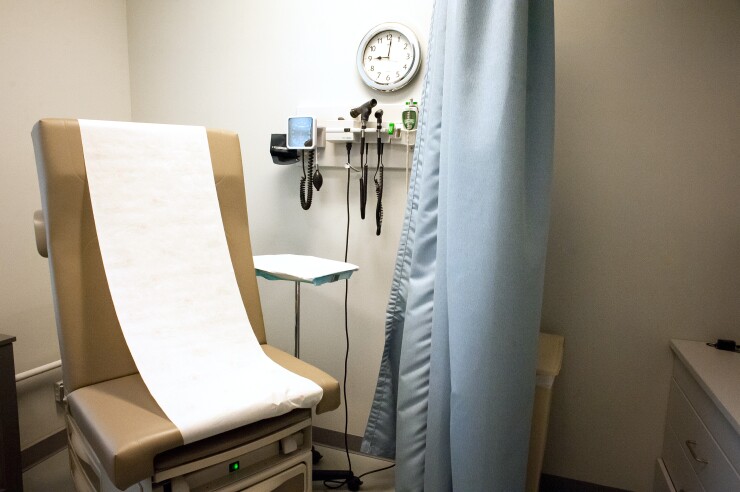Employees have become more focused on their financial health in the wake of the COVID-19 pandemic, however biases towards certain health plans can lead to overspending and negatively impact workers’ financial wellness.
Fifty-nine percent of employees say their finances cause them the most stress, according to research from PwC. With healthcare costs rising twice as fast as incomes, according to research from Voya Financial, employees need more guidance than ever to help them choose the right health plans that will curb overspending and help maintain retirement savings. Overspending on health plans can cost the average employee between $500 and $2,500 more through the year.
Read More:
The most common health plans employees have access to through their employers are the preferred provider organization and high deductible health plan. Employees tend to go with the PPO option because it typically has a lower deductible with higher premiums. HDHPs typically have higher deductibles with lower premiums and they can be paired with an HSA. While it can be a powerful savings vehicle, HDHPs are often overlooked.
New research from Voya shows employees have a bias against HDHPs and the reason for that is as simple as marketing.
“One of the really interesting findings that we saw from the research about why there is that bias comes down to branding, pure and simple,” says Nate Black, vice president of consumer driven health for Voya Financial. “When we replaced the high deductible health plan name and called it something more generic, the share of people choosing high deductible health plans doubled. So just the name itself can have a really significant impact on how people think about what plan they should choose.”
Read More:
Sixty-three percent of the people surveyed by Voya said they would choose the plan with the lowest deductible. As part of the study Voya designed an experiment asking participants to choose between a PPO and an HDHP. The experiment was set up in a way that the HDHP was always the optimal financial choice, despite this, 65% of those surveyed still chose the PPO plan.
Another financially hurtful trend among employees is what Voya calls the “set and forget” mindset around open enrollment. Eighty-nine percent of respondents said they just pick the same health plan from the prior year, especially those enrolled in a PPO vs. an HDHP — 94% vs. 80% respectively.
Read More:
“Most people spend 17 minutes during open enrollment choosing what benefits they want to enroll in and the average Netflix user spends 18 minutes a day choosing what they want to watch,” Black says. “Most people just hold their nose, they go through open enrollment, make their benefits selection and just stick with what they have.”
When an employee has a bias against certain health plans or doesn’t spend enough time adequately researching their options during open enrollment it can have consequences that reverberate into other areas of their financial lives. Employers are uniquely positioned to provide employees with the tools and resources they need to make the best decision for their financial wellness and overall health.
Read More:
Educating employees is only part of the puzzle, Black says. Employers need to look at providing the right tools capable of offering employees’ guidance and actionable recommendations that help them make the best financial choice on a personalized level.
“It's really important for employers to think about the right set of guidance tools to put in place and help employees make those decisions,” he says. “It’s not just focusing on the health plan alone, but also on the broader picture.






